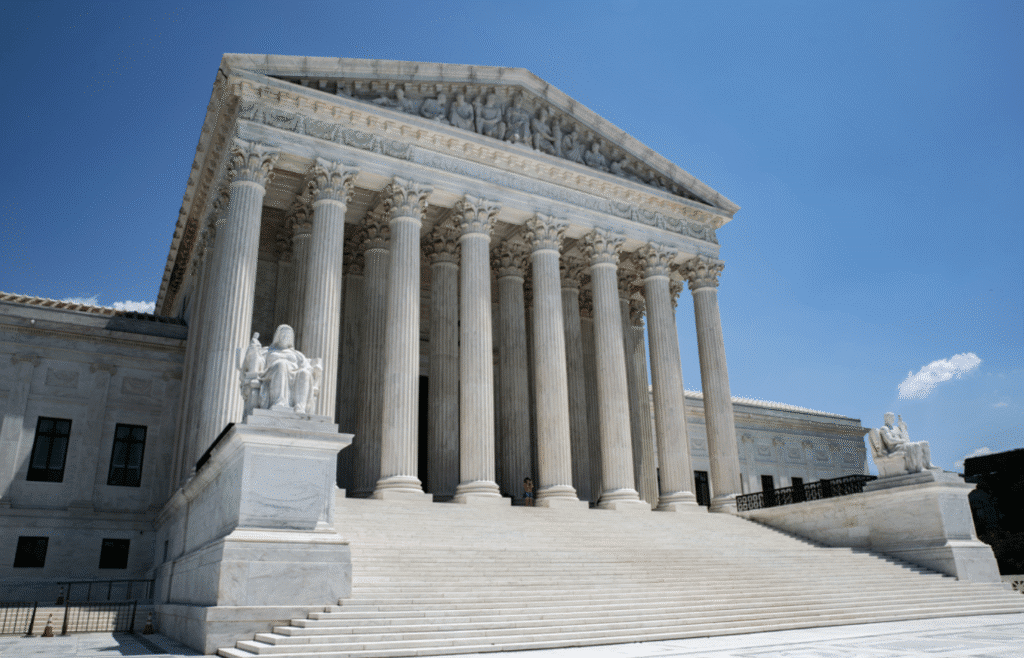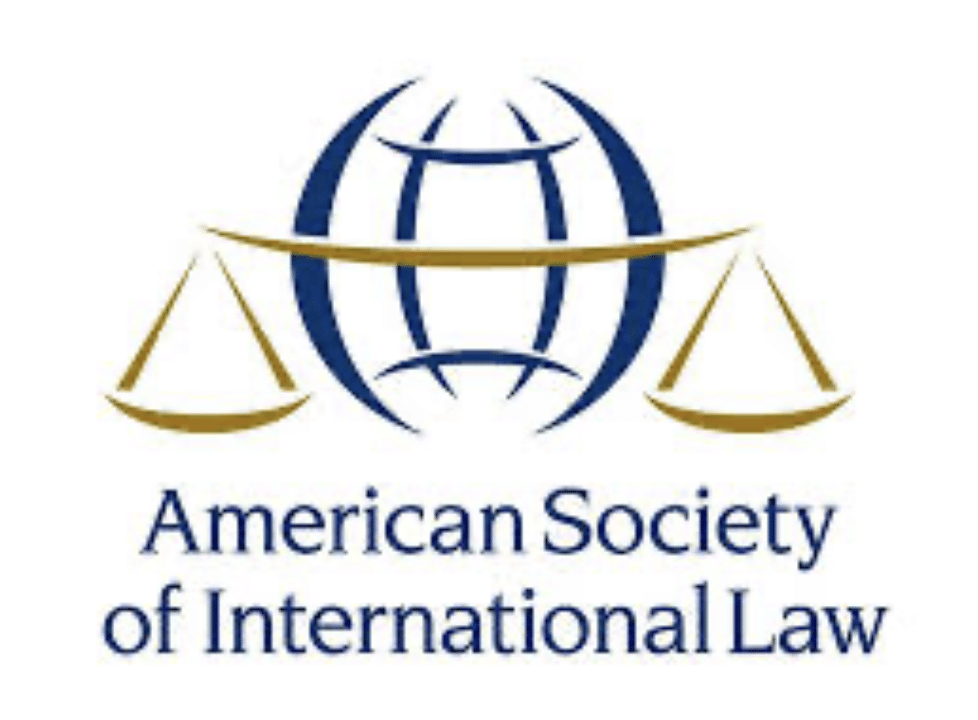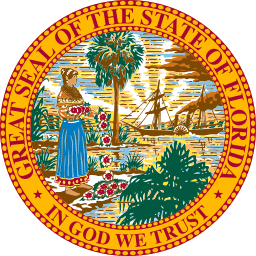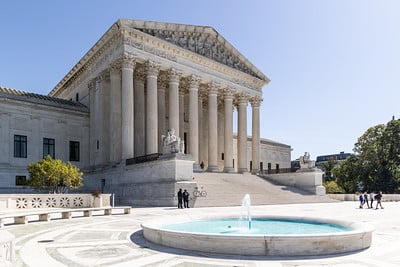Media Roundup: Learning Resources, Inc. v. Trump
On February 20, the Supreme Court decided Learning Resources, Inc. v. Trump, a case that questioned whether the International Emergency Economic Powers Act (IEEPA) permits President Trump to impose sweeping emergency tariffs. In a 6-3 vote, the justices ruled that the tariffs exceed the powers given to the president by Congress under the 1977 law….
Continue ReadingThe Most-Viewed TLB Posts of 2025
To celebrate the end of another year at TLB, I wanted to highlight the posts that received the most views in 2025. A Primer on Choice-of-Law Clauses A Primer on Choice of Law Choice-of-Law Methodologies: Updating the List Throwback Thursday: The Tate Letter and Foreign Sovereign Immunity The $24 Billion Judgment Against China in Missouri’s…
Continue ReadingU.S. Courts “International Law” Year in Review Panel Discussion, December 9
The Dispute Resolution and International Law in Domestic Courts Interest Groups of the American Society of International Law, along with the Transnational Litigation Blog, cordially invite you to a hybrid panel discussion on recent key decisions in U.S. courts and legally driven developments in executive branch practice that have significant implications for U.S. foreign relations…
Continue ReadingNo Injunction Against Florida Alien Ownership Law
After briefly enjoining the enforcement of Florida’s SB 264, the Eleventh Circuit has reversed course in Shen v. Simpson. The court of appeals held that most of the plaintiffs lack Article III standing and that those with standing are unlikely to succeed on the merits of their claims. It thus affirmed the district court’s denial…
Continue ReadingOral Arguments Over Trump’s Tariffs
On November 5, 2025, the Supreme Court heard oral argument in Learning Resources, Inc. v. Trump to determine whether the International Emergency Economic Powers Act (IEEPA) permits President Trump to impose sweeping emergency tariffs. Although it is not clear when the Court will rule, there is pressure to reach a decision soon because the longer…
Continue ReadingInternational Law Weekend!
This year’s International Law Weekend, an event offered by the International Law Association, takes place October 23-25 in New York City. The program has several panels that may be of interest to TLB readers, including these two: Crisis, Courts, and Sovereigns: Rethinking Immunity and Enforcement in a Shifting Global Order Friday, October 24, 11:30AM-12:45PM in…
Continue ReadingScholarship Critical of “Schedule A” Cases
A growing chorus of scholarly concern about “Schedule A” cases appears to be catching the attention of some district courts. In a “Schedule A” case, a holder of U.S. intellectual property rights will sue a large collection of defendants, often online merchants based outside of the United States, which it will list in a “Schedule…
Continue ReadingFlorida Judge Sets Aside Historic Helms-Burton Verdict
More big news in the hot new topic in transnational litigation: the Helms-Burton Act. A Florida district court has set aside the historic $120 million jury verdict awarded to a Cuban-American plaintiff against hotel booking services. The judge held that the plaintiffs offered insufficient evidence that the defendants had “knowingly” “traffic[ked]” in confiscated property. Background…
Continue ReadingDOJ Takes Broad View of Foreign Affairs Preemption in Pipeline Case
The Trump Administration has made so many broad assertions of executive power this year that it can be hard to keep track. One such assertion that has not made headlines is found in a statement of interest filed on September 12, 2025, in Enbridge Energy v. Whitmer. At issue is Michigan Governor Gretchen Whitmer’s 2020…
Continue ReadingInteresting Papers at the ASIL Midyear Meeting, Sept. 26-27
The American Society of International Law is holding its midyear meeting in Cleveland, Ohio on September 26-27, 2025. The midyear meeting includes research fora that focus on draft papers selected through an open, competitive submission process. Several selected papers may be of interest to TLB readers, including: Challenging National Security List Designations in U.S. Courts…
Continue Reading







